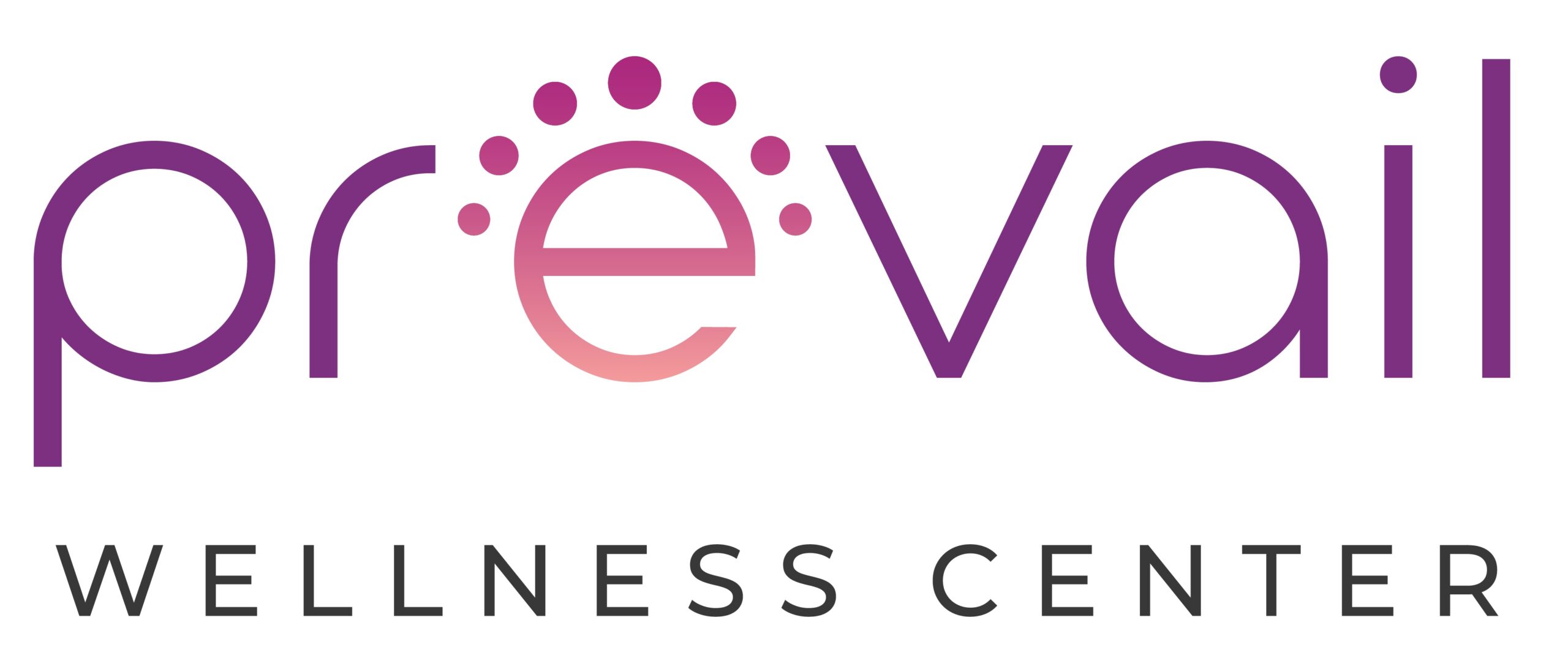
As a naturopathic doctor, it is my job to get to the root of illness, figure out why you might be experiencing symptoms, and help you fix it! When we talk about menopause and the associated symptoms, the root cause of these symptoms is the natural loss of hormone production. While this is a natural process, in addition to feeling crummy, the loss of hormones puts as at a greater risk for declining organ function, specifically heart, brain, and bone health. An easy fix for this is hormone replacement therapy. In conversations that I have with women, the most common misconception or questions they may have around hormone therapy, is if it safe? Does it cause blood clots? Does it cause breast cancer? Dr. Google will tell you yes, but in reality the answer is much more difficult to find.
In the realm of medical treatments, few topics stir up as much debate and controversy as hormone therapy. Particularly when it comes to addressing menopause and andropause—the natural transitions in a woman’s and a man’s life respectively—there’s been a swirl of conflicting opinions and concerns. But what if I told you that hormone replacement therapy (HRT) might not be as intimidating as it’s often portrayed? Let’s dive into the depths of this controversial topic and shed some light on why HRT deserves a closer look.
Understanding the Backlash
First things first—why all the fuss about hormone therapy? Well, to understand that, we need to rewind a bit and look at the history. Back in the early 2000s, a landmark study called the Women’s Health Initiative (WHI) sent shockwaves through the medical community by suggesting that HRT could increase the risk of certain health issues, including heart disease and breast cancer. The study was cut short because the women on hormone therapy began developed negative health events. Naturally, this revelation led to widespread fear and hesitation around the use of hormone therapy.
Separating Fact from Fiction
But here’s the thing—while the findings of the WHI study did raise valid concerns, subsequent research has painted a more nuanced picture. Recent studies have shown that hormone therapy can be not only safe but also incredibly beneficial for actually preventing the diseases and conditions that it was originally thought to cause! The isolated culprit in the WHI that caused all of the increase in blood clots and breast cancer was progestin, which is a synthetic version of progesterone, one of the main sex hormones for women.
Blood Clots
One of the most common misconceptions about estrogen therapy is that it puts you more at risk for developing a blood clot. In reality, when given transdermally in a patch or cream there is no evidence that estradiol will increase any clot risks. A wide array of research reports show that the longterm use of estrogen replacement therapy have actually improved cardiovascular health, lipid profiles, and blood pressure.
Breast Cancer
The main concern with hormone therapy is to make sure you are undergoing regular mammogram screenings. If an active breast cancer were present at the same time as HRT use, it could potentially cause that cancer to grow faster. It does not cause or put you more at risk for breast cancer, but it is important to regularly screen for it.
Moving Forward with Confidence
In the end, the decision to pursue hormone therapy is a deeply personal one that should be made in collaboration with a trusted healthcare provider. By arming themselves with accurate information and seeking guidance from qualified professionals, individuals can move forward with confidence and reclaim control over their health and well-being.
While hormone therapy may have its detractors, the truth is that it has the potential to be a powerful tool for managing the symptoms of menopause and andropause as well as improving your health and preventing disease as you age. By approaching hormone therapy with an open mind and a willingness to explore all options, you can find relief from symptoms and embrace life with renewed vitality and vigor. Set up a consultation to discuss your unique hormone situation today!

